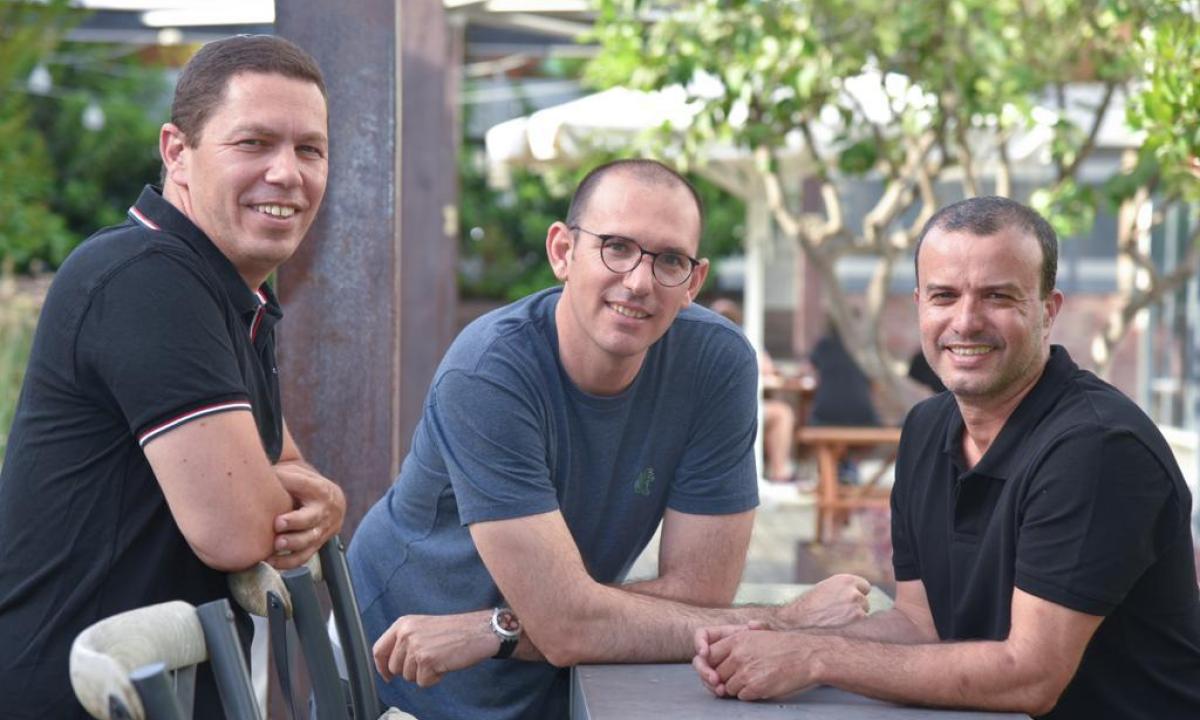Unended Quest: An Intellectual Autobiography (Routledge Classics) by Karl Popper is an autobiography in which the author refers to a method of trial and error-elimination in problem solving, which capitalideasonline posted. First a little on the book and then an excerpt from Capital Ideas Online…
“Although most of us know the date and place of our birth…few know when and how their intellectual life began. ..” Here one of the greatest thinkers of our age recalls the landmarks of his development. Apprenticed to a cabinet maker, Popper found that philosophical daydreams interfered with the quality of his French polish, making him realize that he was too ‘ignorant and fallible’ for manual work. Popper’s memories of the first world war, love affair with Marxism and the working class, involvement in music, and reactions to antisemitism are as vital to this story as his encounters with Einstein, Russell, carnap, and Wittgenstein.”
Unended Quest: An Intellectual Autobiography (Routledge Classics)
Unended Quest: An Intellectual Autobiography (Routledge Classics) by Karl Popper
Unended Quest – Description
At the age of eight, Karl Popper was puzzling over the idea of infinity and by fifteen was beginning to take a keen interest in his father’s well-stocked library of books. Unended Quest recounts these moments and many others in the life of one of the most influential thinkers of the twentieth century, providing an indispensable account of the ideas that influenced him most. As an introduction to Popper’s philosophy, Unended Quest also shines. Popper lucidly explains the central ideas in his work, making this book ideal for anyone coming to Popper’s life and work for the first time.
Unended Quest – Review
About the Author
Karl Popper (1902-1994). Philosopher, born in Vienna. one of the most influential and controversial thinkers of the twentieth century.
Unended Quest: Problems and Theories
In Karl Popper’s autobiography “Unended Quest”, he refers to a method of trial and error-elimination in problem solving.
“Already in 1937, when trying to make sense of the famous “dialectic triad” (thesis: antithesis: synthesis) by interpreting it as a form of the method of trial and error-elimination, I suggested that all scientific discussions start with problem (P1), to which we offer some sort of tentative solution – a tentative theory (TT); this theory is then criticized, in an attempt at error elimination (EE); and as in the case of dialectic, this process renews itself: the theory and its critical revision give rise to new problem (P2).
Later, I condensed this into the following schema:
P1 –> TT –> EE –> P2
A schema which I often used in lectures.
I liked to sum up this schema by saying that science begins with problems and ends with problems. But I was always a little worried about this summary, for every scientific problem arises, in its turn a theoretical context. It is soaked in theory. So I used to say we may begin the schema at any place: we may begin with TT1 and end with TT2; or we may begin with EE1 and end with EE2. However, I used to add that it is often from some practical problem that a theoretical development starts; and although any formulation of a practical problem unavoidably brings in theory, the practical problem itself may be just “felt”: it may be “prelinguistic”; we – or an amoeba – may feel cold or some other irritation, and this may induce us, or the amoeba, to make tentative moves – perhaps theoretical moves – in order to get rid of irritation.”
Full article via capitalideasonline






